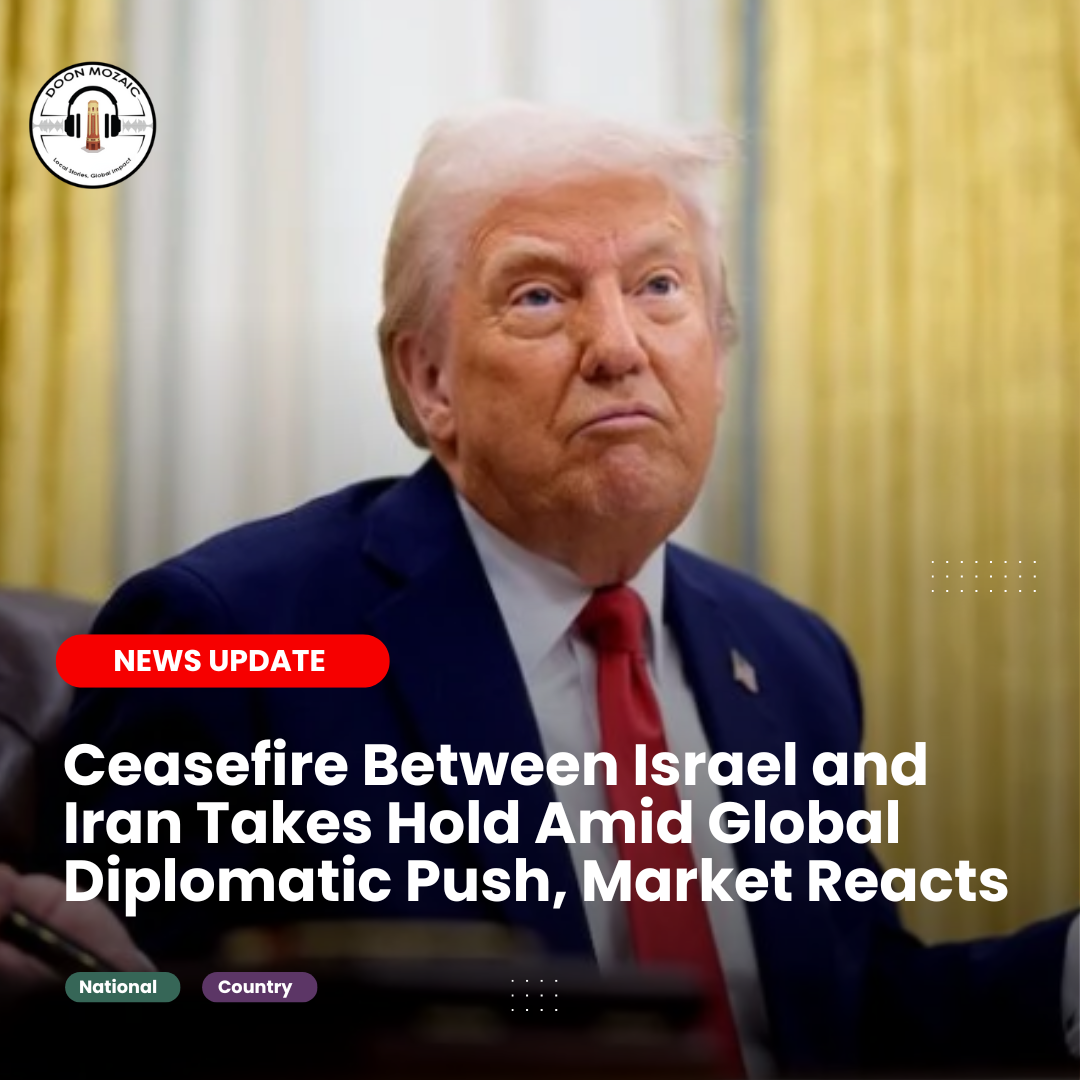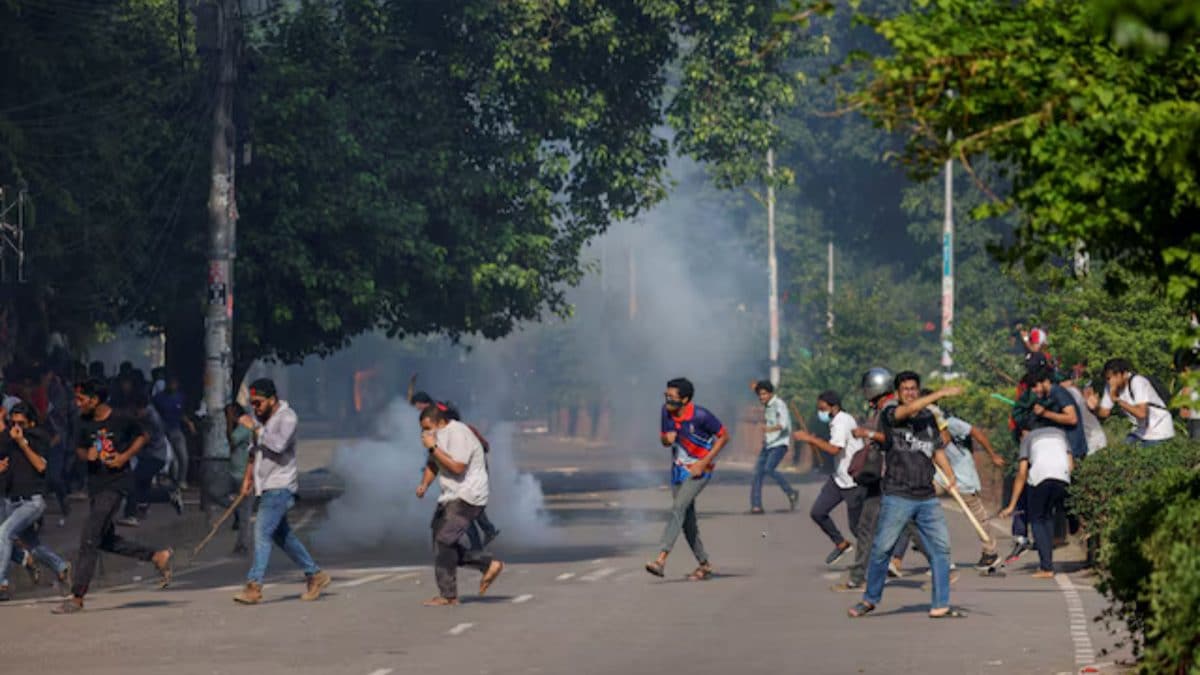A ceasefire between Israel and Iran is officially “in effect,” according to U.S. President Donald Trump, who announced on Tuesday that Israeli fighter jets would halt operations and “turn around” following brief post-truce strikes. Trump confirmed the development via his Truth Social platform, stating: “All planes will turn around and head home, while doing a friendly ‘Plane Wave’ to Iran. Nobody will be hurt.”
The declaration came after reports of explosions in Tehran earlier in the day, despite a brokered truce. Trump, before departing for the NATO summit in The Hague, expressed frustration over ceasefire violations by both sides, saying, “They violated it, but Israel violated it too. I’m not happy with Israel.”
The ceasefire followed a series of escalatory events including Israeli airstrikes on Iranian radar infrastructure and Iran’s missile attack on a U.S. base in Qatar. Israeli Prime Minister Benjamin Netanyahu’s office later confirmed that further retaliatory actions were paused after a conversation with Trump. Iran’s foreign minister defended the missile strike as an act of “self-defence,” claiming the intended target was the Al Udeid U.S. air base, not Qatari territory.
The developments triggered immediate global financial responses. Brent crude fell 3.7% to $68.81 per barrel, its lowest level since June 11, while U.S. crude dropped to $65.91. Investors took the ceasefire as a signal of de-escalation, leading to a surge in global equities and a weakening of the U.S. dollar.
Meanwhile, diplomatic communications continued behind the scenes. Qatar’s Prime Minister confirmed initiating talks with Iran following the missile strike, while Kuwait Airways resumed flight operations that had been suspended due to regional tensions. In the midst of this, Trump made a notable pivot by declaring that China could continue purchasing oil from Iran—a move seen as a softening of sanctions in light of diplomatic priorities. China currently buys over 90% of Iran’s oil exports, with imports totaling 1.3 million barrels per day in April.
On the humanitarian front, the Embassy of India in Tehran announced that it is winding down its evacuation efforts in light of the ceasefire. India’s Operation Sindhu has so far repatriated over 3,170 people, including more than 2,500 from Iran and nearly 600 from Israel. Indian Air Force C-17s and chartered flights facilitated the evacuation, which also included Sri Lankan and Nepalese nationals.
With tensions easing, global leaders and humanitarian organizations continue to emphasize diplomacy. President Trump reiterated, “Now is the time for peace,” while international agencies monitor the fragile truce and its geopolitical ripple effects.
Discover more from The Doon Mozaic
Subscribe to get the latest posts sent to your email.



